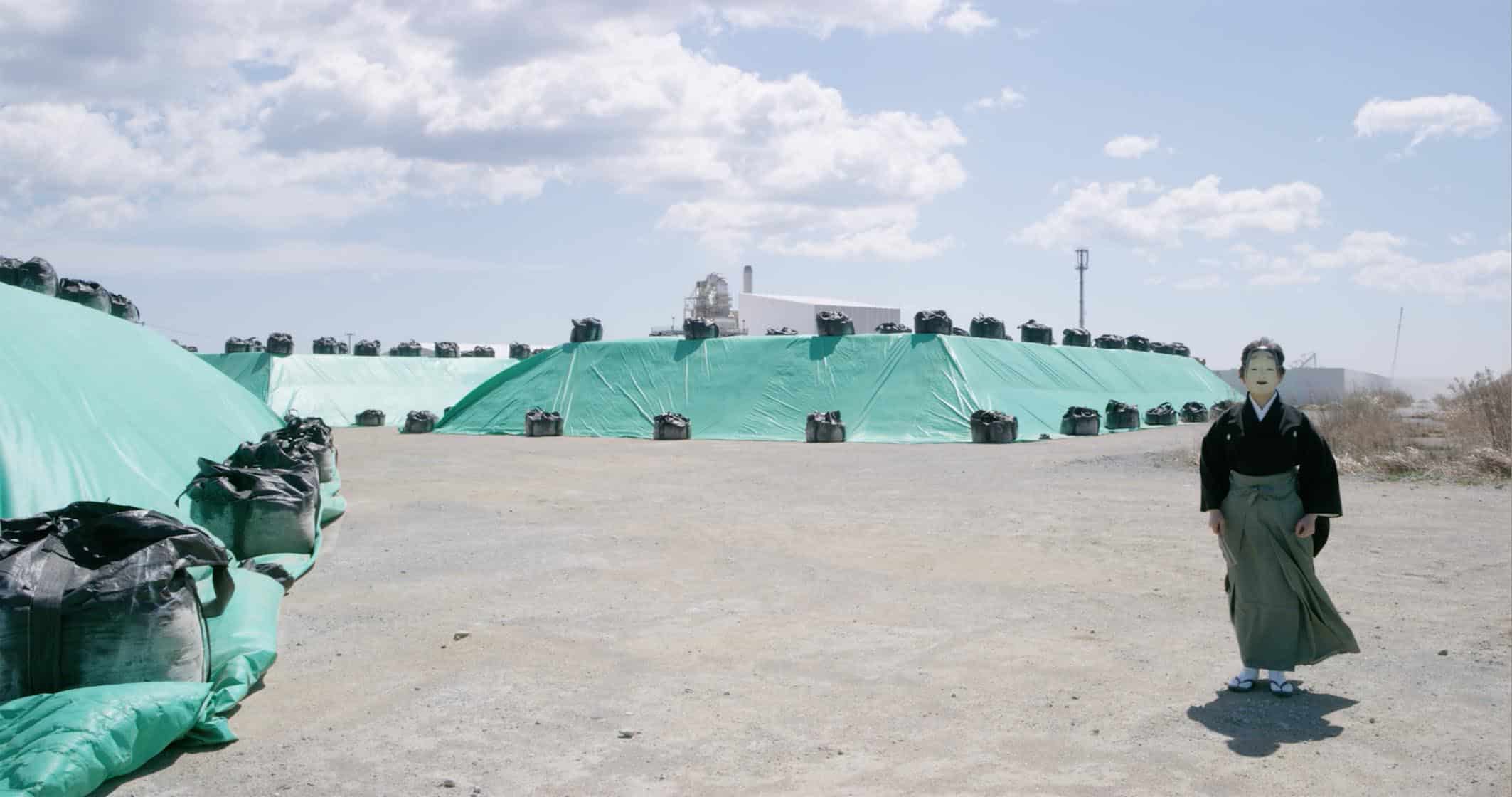- The fest section is supported by the Valladolid City Council, Greenpeace, the National Film Association (AEC), Ecologists in Action, the Canary Islands International Environmental Film Festival (FICMEC) and Aquavall.
The 66th edition of Seminci will hold on to its commitment to raise the film lovers’ awareness of environmental issues with a new release of its section on Climate Change, whose aim is to make audiences more mindful of the need to protect the planet from this threat. Implemented since the 61st edition, the initiative has the support of the Valladolid City Council, Greenpeace, the National Film Association (AEC), Ecologists in Action and the Canary Islands International Environmental Film Festival (FICMEC), as well as the collaboration of Aquavall.
For the fourth consecutive year, the festival includes in its award list a prize for a film with strong environmental values. Nine titles are eligible for this award in the upcoming edition of the Valladolid Festival: seven documentary feature films, three of them Spanish productions, and two fiction short films.
The international feature lengths eligible for the Green Spike are Animal (Cyril Dion, France), a documentary that entered the Official Selection of this year’s Cannes Film Festival and stars Bella and Vipulan, two 16-year-old adolescents who undertake an extraordinary journey in the course of which they will understand that we are deeply connected to other species; How to Kill a Cloud (Tuija Halttunen, Finland / Denmark), which describes the moral dilemma of scientist Hannele Korhonen upon earning a €1.5 million research grant to participate in an ambitious project that seeks to stimulate rainfall over an area of the United Arab Emirates; I’m So Sorry (Zhao Liang, Hong Kong / France / Netherlands), which reflects on the nuclear question and describes the historical events and the current nuclear disaster that affects the whole of human society; and Living Water (Pavel Borecký, Czech Republic / Switzerland / Jordan), which reports on the confrontation between the state of Jordan, agricultural firms and the indigenous communities of Wadi Rum over the last abundant source of drinking water there.
The three Spanish documentaries in the Climate Change section are De Quijotes y semillas (Patxi Uriz, Jordi Matas), a road movie showing the journey of chef Santi Cordón and the Malaga permaculturer Alberto Marín on the chef’s ‘vegycle’ —they travel all the way from the latter’s home town of Tudela to the Málaga Film Festival in order to present a documentary about the last vegetable gardeners of Navarre; and two entries in the DOC. España section: Posidonia (Adán Aliaga), which discloses the secrets of posidonia, the longest living being on the planet, on the island of Tabarca, and El vent que ens mou (Pere Puigbert), which follows in the footsteps of Remei, an old woman who has lived her entire life in a village in northern Catalonia, where she devoted herself mainly to her family.
The two short films competing for the Green Spike are Aska (Clara Milo, Iceland / Canada), also eligible for the Golden Spike in the Official Section: the story of two young sisters who must race against nature’s decay in their quest to reach a volcano; and Naya (Sebastian Mulder / Netherlands), a documentary short also programed in Time of History which follows a wolf that is being monitored with a GPS device on its way from East Germany to Belgium.
The Green Spike jury is formed by David Baute, the director of Climate Exodus (the Green Spike-winner at the 65th Seminci) as well as artistic director of the Miradas-Doc Documentary Film Festival and the director of the Canary Islands’ International Environmental Film Festival (FICMEC); Miguel López Cabanas, doctor in Psychology, expert in Social Administration and current Secretary of the Board of Directors of Greenpeace Spain; and Sandra Sutherland, journalist, TV host and newscaster and teacher who has worked at RTVE since 1981, where she directed and presented the TV programme Agrosfera.
